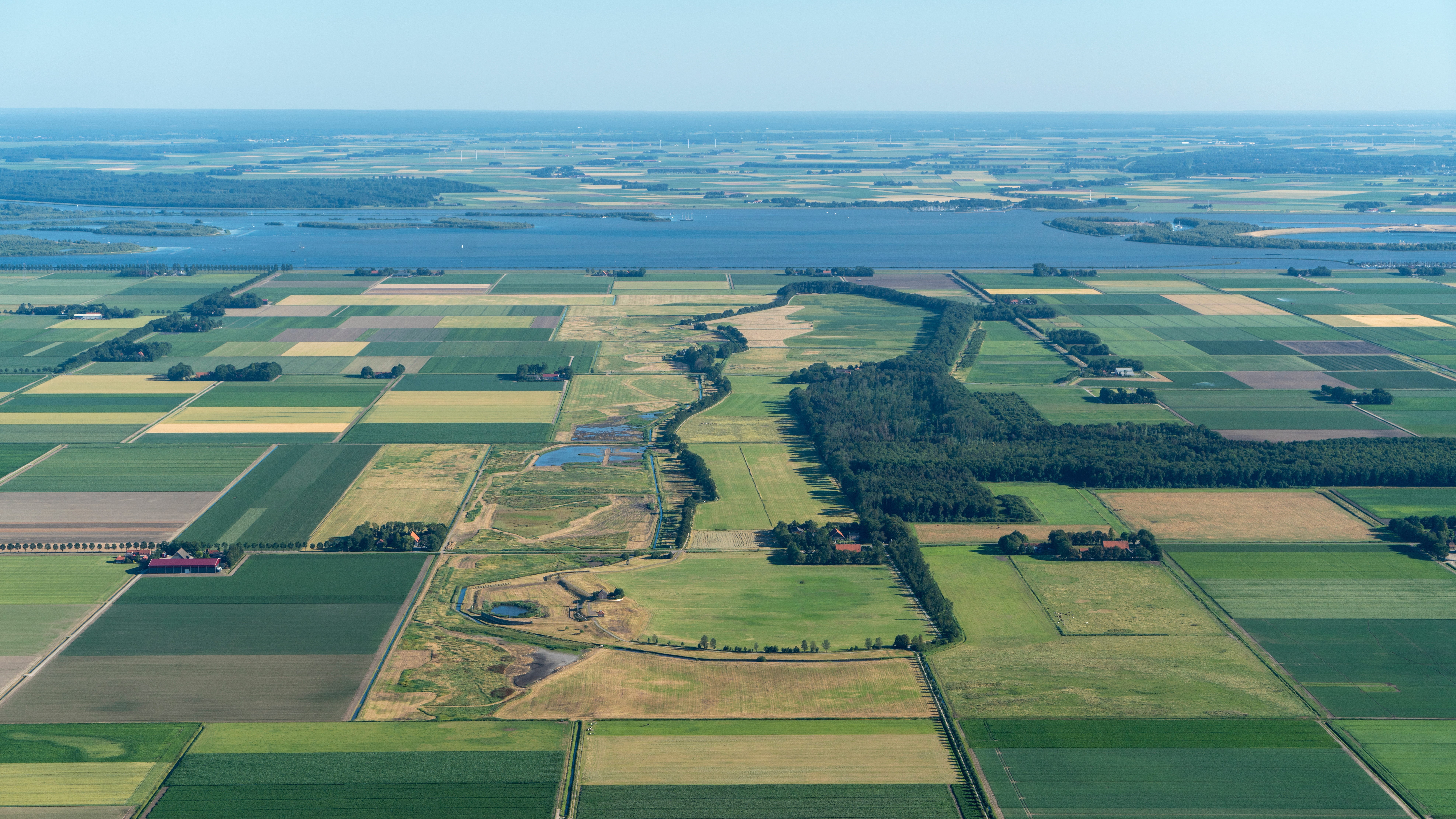Schokland
Schokland’s history dates back thousands of years, with evidence of human settlement from the Early Mesolithic period. Over time, it was inhabited by various communities, including fishermen and farmers, who adapted to the changing environment. Due to its location in the Zuiderzee, Schokland faced constant flooding and erosion, forcing its inhabitants to relocate multiple times. In the 19th century, the island became increasingly isolated, leading to the eventual decision to reclaim the surrounding water and integrate Schokland into the mainland.
Today, visitors can explore the rich archaeological heritage of Schokland, with well-preserved remnants of past settlements, ancient structures, and artifacts on display. The Schokland Museum offers an immersive experience, showcasing the island's cultural and historical significance. Visitors can also walk through the surrounding landscape, which remains a testament to the resilience of those who once lived there. The site's inclusion on the UNESCO World Heritage list ensures its preservation for future generations, allowing people from around the world to learn about this unique chapter in Dutch history.





